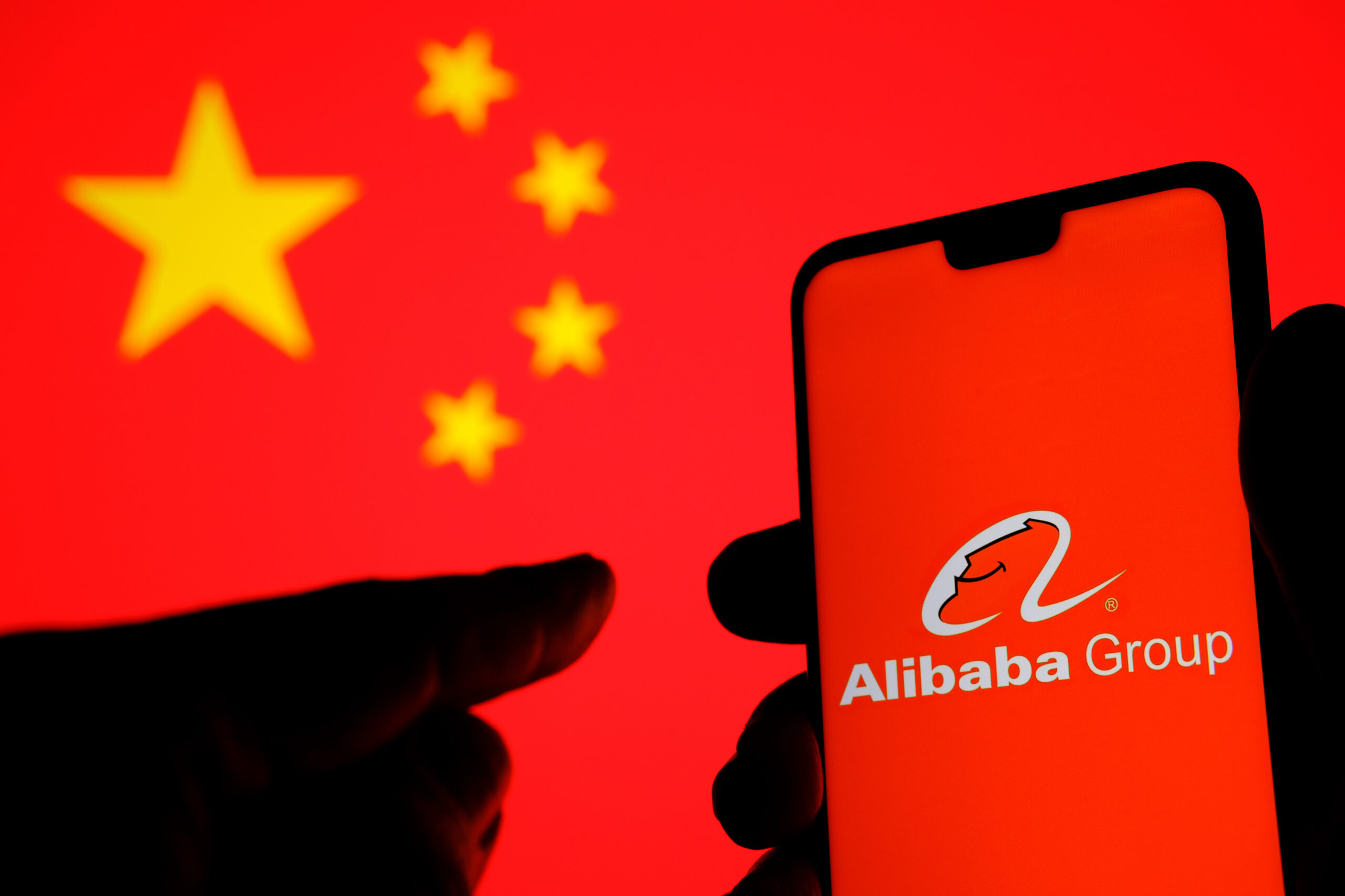Alibaba opened its AI model, Tongyi Qianwen, to the public after receiving approval from the Chinese government to market the ChatGPT competitor to a wider audience, according to a report by the South China Morning Post.
In a post on WeChat on Sept. 13, the Alibaba Cloud Intelligence Division said it wants to “let every ordinary person and enterprise benefit from large language models (LLMs)”, the tech that underpins generative AI chatbots like ChatGPT or Google’s Bard.
Also read: China Wants AI Chatbots To Follow Communist Party Censorship Rules
Alibaba focuses on AI
The Chinese technology giant first introduced Tongyi Qianwen in April, inviting only a limited number of people to test the service. At the time, Alibaba Cloud said that the AI model, which works like ChatGPT, would be integrated into all business applications.
In the same WeChat post, Alibaba Cloud stated it had reached agreements with e-commerce platform Taobao, work communications tool DingTalk, and smartphone brand Oppo to train their own LLMs or develop apps based on Tongyi Qianwen.
The company also revealed that it is planning to release an open source version of the large language model soon, which would be available for free commercial use “by the whole society.”
Daniel Zhang, the former CEO of Alibaba Group and the head of its cloud division, stepped down from his position earlier this week. He was replaced by Eddie Wu Yongming.
In an internal letter to employees on Sept. 12, Yongming detailed his plan for the Alibaba Group. He said that artificial intelligence (AI) would be at the heart of the company’s strategy going forward, as reported by the South China Morning Post.
“Over the next decade, the most significant change agent will be the disruptions brought about by AI across all sectors,” Yongming said in the letter. “If we don’t keep up with the changes of the AI era, we will be displaced.”
Alibaba Cloud is scheduled to become a separate, publicly traded company next year as part of its parent company’s major restructuring plan.
China greenlights AI development
Chinese tech companies have been racing to catch up since American startup OpenAI launched its hugely popular AI chatbot ChatGPT in November last year.
Apart from Alibaba, Baidu unveiled its ChatGPT rival, Ernie Bot, in March. SenseTime, which makes facial recognition software, also released an AI product. Tencent, the social media and video gaming firm, launched its AI foundation model, Hunyuan, last week.
At least two other start-ups developing Chinese alternatives to OpenAI’s technology have raised millions of dollars. ChatGPT and Bard are both officially banned in China, though users can still access the chatbots by other means, such as via VPN.
#Alibaba’s #AI model Tongyi Qianwen was opened to the public today, Alibaba Cloud announced. Users can visit the Tongyi Qianwen official website to experience its capabilities, while enterprises can access its API via Alibaba Cloud. @alibaba_cloud @AlibabaGroup pic.twitter.com/zUyBN8O20T
— Yicai 第一财经 (@yicaichina) September 13, 2023
However, the companies have had to contend with tough Chinese regulations regarding the development of AI tech to prevent things like falsehoods, half truths, and even outright lies. The technology industry refers to this sort of AI behavior as “hallucinations”.
For example, in April, regulators released draft regulations that compelled generative AI software systems to follow the Chinese Communist Party’s strict censorship rules.
The powerful Cyberspace Administration of China’s draft rules required content produced by AI systems to reflect “socialist core values” and avoid information that undermines “state power” or national unity, the New York Times reported at the time.
Now, the Chinese government has lifted some of its toughest restrictions and approved AI models from several companies, including Alibaba and Baidu, to be made available to the public. The approvals came in late August, after China enacted national AI regulations.










 and then
and then